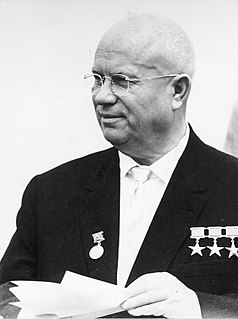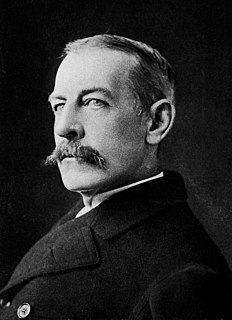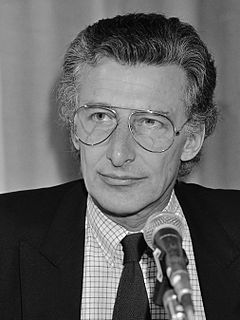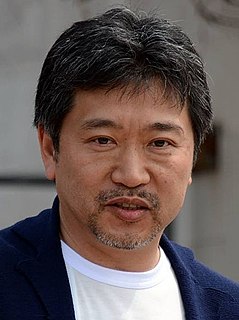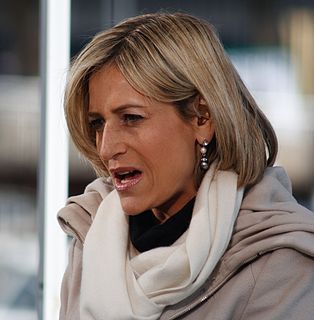A Quote by Nikita Khrushchev
Everyone can err, but Stalin considered that he never erred, that he was always right. He never acknowledged to anyone that he made any mistake, large or small, despite the fact that he made not a few mistakes in the matter of theory and in his practical activity.
Related Quotes
The biggest considerations I had were practical: how do you move such a large number of actors around a small space? So, for example, if I have to have the mother bring a pot of tea from the kitchen to the living room and serve it to the others, how do I, on a practical level, get everyone into the frame? Any decisions I made about the camera angles or movement came out of necessity, versus any sort of stylistic choice.
I would be quite content if I myself could be rated fifty-fifty in merits and demerits. But one thing I can say for myself: I have had a clear conscience all my life. Please mark my words: I have made quite a few mistakes, and I have my own share of responsibility for some of the mistakes made by Comrade Mao Zedong. But it can be said that I made my mistake with good intentions. There is nobody who doesn't make mistakes.
But what if I make a mistake?' Will asked. Gilan threw back his head and laughed. 'A mistake? One mistake? You should be so lucky. You'll make dozens! I made four or five on my first day alone! Of course you'll make mistakes. Just don't make any of them twice. If you do mess things up, don't try to hide it. Don't try to rationalize it. Recognize it and admit it and learn from it. We never stop learning, none of us.
I'm afraid that we all make mistakes. One of the things that defines our character is how we handle mistakes. If we lie about having made a mistake, then it can't be corrected and it festers. On the other hand, if we give up just because we made a mistake, even a big mistake, none of us would get far in life.
Man always made, and still makes, grotesque blunders in selecting and measuring forces, taken at random from the heap, but he never made a mistake in the value he set on the whole, which he symbolized as unity and worshipped as God. To this day, his attitude towards it has never changed, though science can no longer give to force a name.
